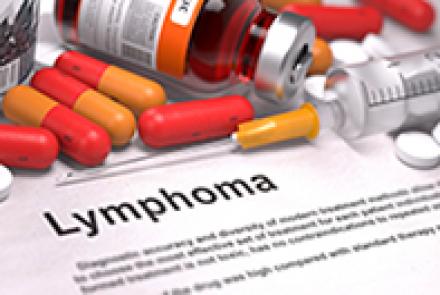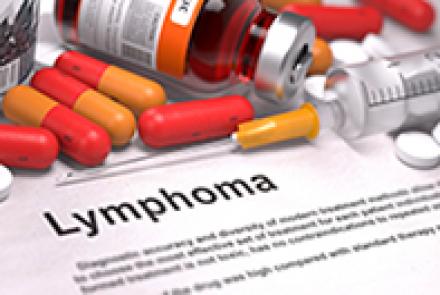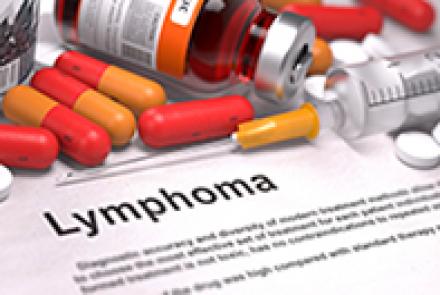While there’s no proven cure for autism yet, treating ASD early using school-based programmes, and getting proper medical care can greatly reduce ASD symptoms and increase your child’s ability to grow and learn new skills. Many children with autism can develop significantly with early, well-planned and individually tailored educational efforts in specially adapted settings.
A diagnosis of ASD is nerve-wracking for parents as they struggle to understand the challenge they are facing and…
Latest Stories
- Diagnosing autism At present, there is no definitive medical test to identify individuals with autism spectrum disorders. Professionals diagnose autism spectrum disorders through the presence or absence of certain behaviours, characteristic symptoms and developmental delays. ASD is diagnosed through an assessment which includes observing and meeting with the individual, their family and other people who interact with the child. Information is gathered regarding the individual’s strengths…
- The main types of Autism are 1. Autistic Disorder: These have problems in socialisation, communication, and restricted patterns of behaviours and interests. 2. Asperger’s Disorder: These have problems in two areas: socialisation and restricted patterns of interests. 3, Pervasive Developmental Disorder Not Otherwise Specified (PDD-NOS): Children have problems in socialisation and one of the two other areas: communication or restricted patterns of behaviors and interests.…
- The degree to which different characteristics affect a child depends on the level of severity of impairments: Children with autism have problems in three core areas: socialisation, communication, and restricted patterns of behaviours and interests. Children with Asperger’s Syndrome have problems in two areas: socialisation and restricted patterns of interests. They do not have clinically significant delays in early language development or significant delays in cognitive development. …
- Autism Spectrum Disorder is a behaviourally defined condition and the cause of autism or the combination of causes of autism spectrum disorders is not fully known. Autism is likely to have multiple aetiologies (causation) including genetic factors. Early life events, for example complications during pregnancy, and environmental factors are believed to interact with genetic susceptibility causing brain dysfunctions that affect the developing brain’s ability to handle information. …
- Families often find themselves at wit’s end looking after a loved one with dementia. Porrselvi A.P., a cognitive and psychosocial interventions specialist, offers a case study that shows that caregiving challenges can be overcome with the right strategies. We received a call from a very disturbed Mr. K, who was trying to find a dementia care home for his aged father, Mr. S., aged 73. Mr. K was distressed because he had never thought there would come a day when he would have to seek…
- Diagnosis of Hodgkin's Lymphoma The doctor will take your case history, carry out physical examination and recommend laboratory tests and imaging studies. Physical examination focuses on the location and size of all palpable lymph nodes, abnormal lung sounds, and enlargement of liver, spleen, or both. Laboratory studies The doctor may recommend the following: Complete blood picture: may be normal in early stages but in advanced stages there may be either decrease in the red blood…
- Treatment of Hodgkin's Lymphoma The choice of treatment of HL is based on the stage at presentation and prognostic factors. Today, the most widely used approach is a combination of chemotherapy with radiation therapy. This approach yields a greater than 90% cure rate. Early-stage (stage I-II) favourable disease is treated with short term chemotherapy with ABVD (Adriamycin, bleomycin, vinblastine, and dacarbazine) or BEACOPP or Stanford V regimen. Radiation therapy (20-30 Gy) usually 2 to…
- Risk factors for Hodgkin’s lymphoma The risk factors for Hodgkin’s lymphoma are infectious agents, immunity and genetic susceptibility. Infectious agents: Prior Infectious mononucleosis (IM) infection and Measles virus (MV) infection has been recognised as a risk factor for HL. People with HIV infection are more prone to develop Hodgkin’s lymphoma and this along with Kaposi’s sarcoma is considered as AIDS-defining cancers. This means that if a person with HIV has one of these cancers, it can…












